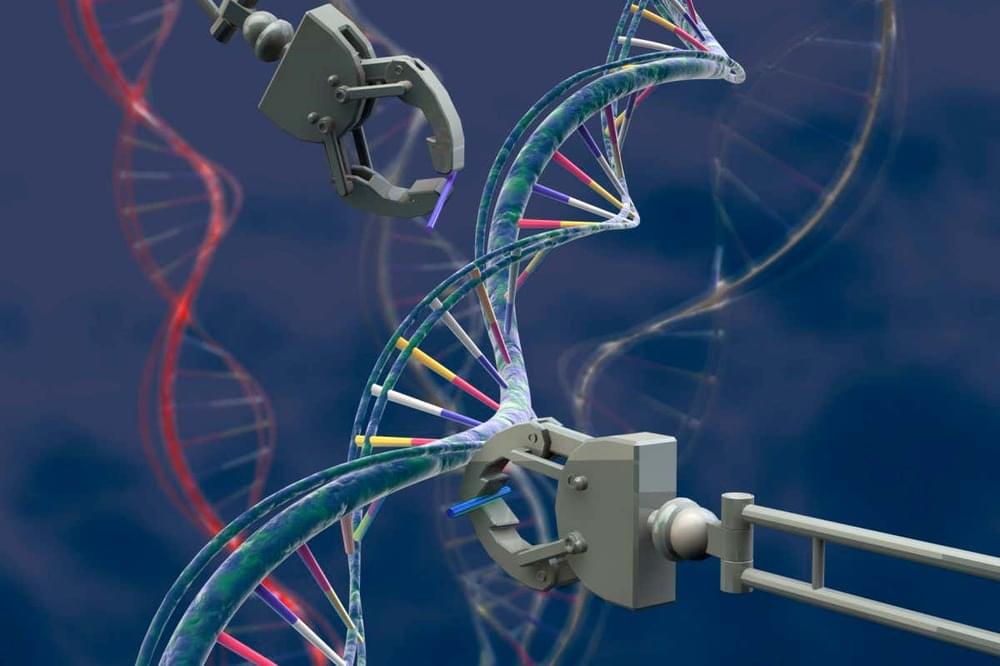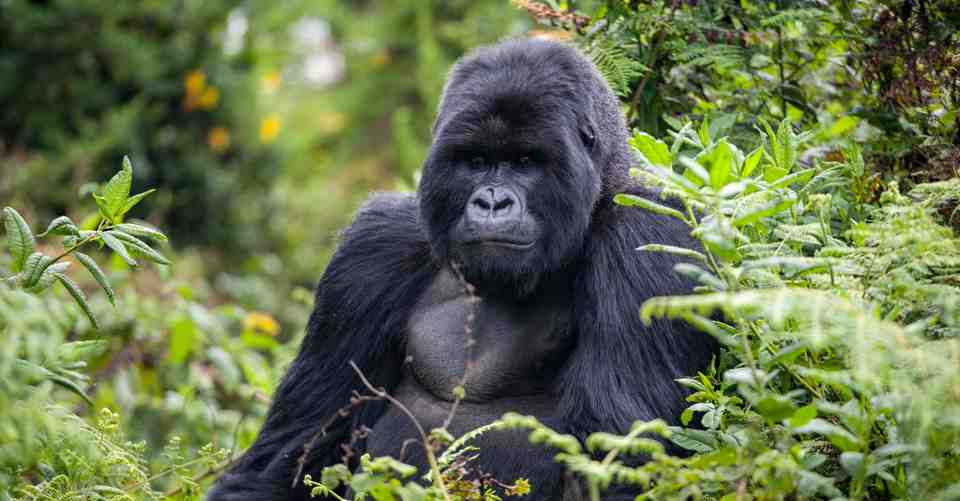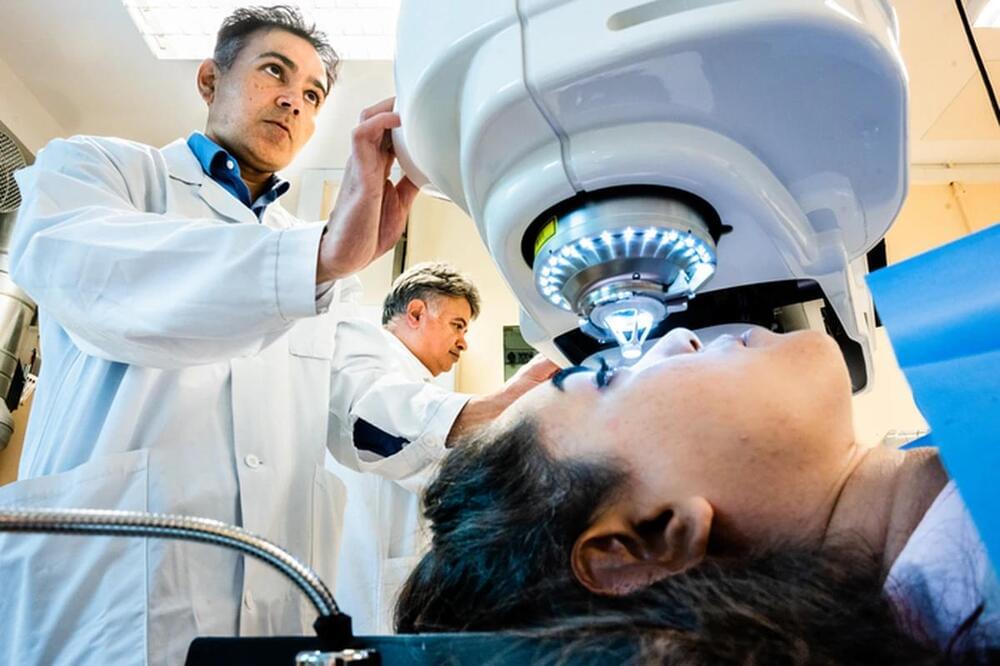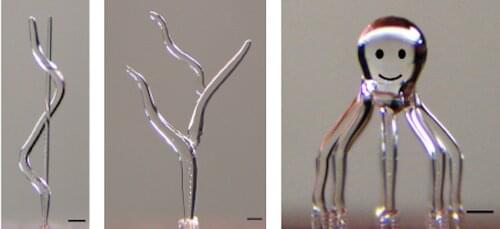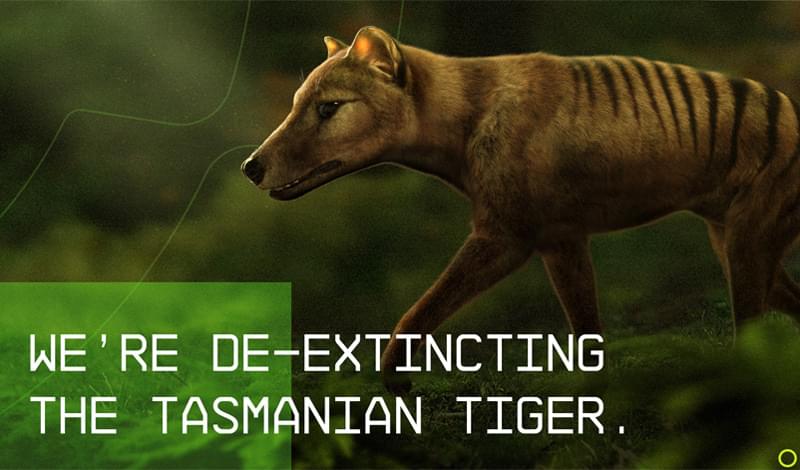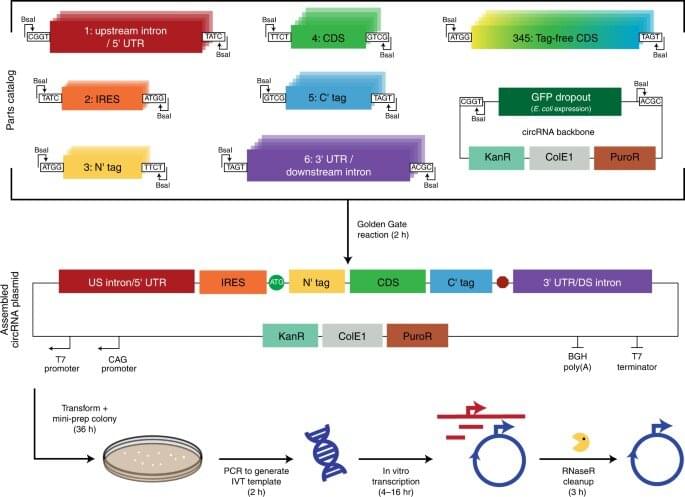If the combination of Covid-19 and remote work technologies like Zoom have undercut the role of cities in economic life, what might an even more robust technology like the metaverse do? Will it finally be the big upheaval that obliterates the role of cities and density? To paraphrase Airbnb CEO Brian Chesky: The place to be was Silicon Valley. It feels like now the place to be is the internet.
The simple answer is no, and for a basic reason. Wave after wave of technological innovation — the telegraph, the streetcar, the telephone, the car, the airplane, the internet, and more — have brought predictions of the demise of physical location and the death of cities.
Remote work has become commonplace since the beginning of the Covid-19 pandemic. But the focus on daily remote work arrangements may miss a larger opportunity that the pandemic has unearthed: the possibility of a substantially increased labor pool for digital economy work. To measure interest in digital economy jobs, defined as jobs within the business, finance, art, science, information technology, and architecture and engineering sectors, the authors conducted extensive analyses of job searches on the Bing search engine, which accounts for more than a quarter of all desktop searches in the U.S. They found that, not only did searches for digital economy jobs increase since the beginning of the pandemic, but those searches also became less geographically concentrated. The single biggest societal consequence of the dual trends of corporate acceptance of remote work and people’s increased interest in digital economy jobs is the potential geographic spread of opportunity.
Page-utils class= article-utils—vertical hide-for-print data-js-target= page-utils data-id= tag: blogs.harvardbusiness.org, 2007/03/31:999.334003 data-title= Who Gets to Work in the Digital Economy? data-url=/2022/08/who-gets-to-work-in-the-digital-economy data-topic= Business and society data-authors= Scott Counts; Siddharth Suri; Alaysia Brown; Brian Xu; Sharat Raghavan data-content-type= Digital Article data-content-image=/resources/images/article_assets/2022/08/Aug22_04_509299271-383x215.jpg data-summary=
The labor market for jobs you can do on a laptop is expanding beyond major cities.

